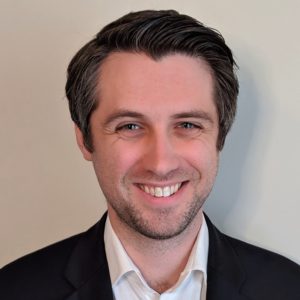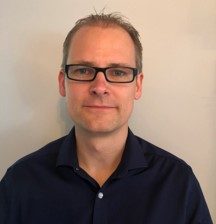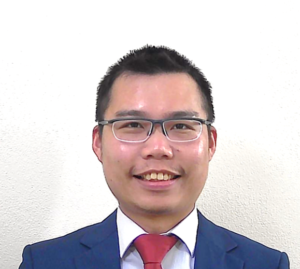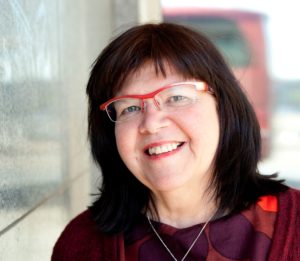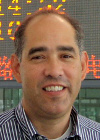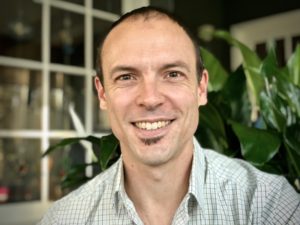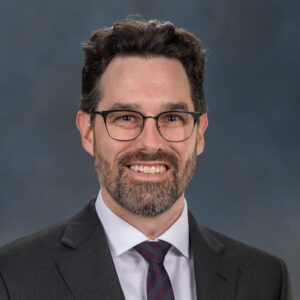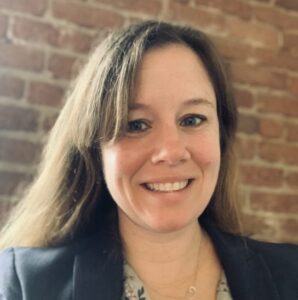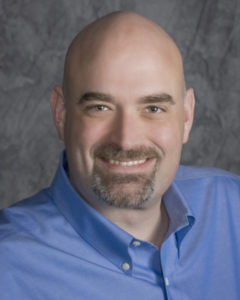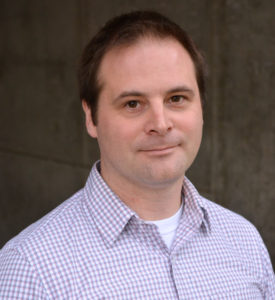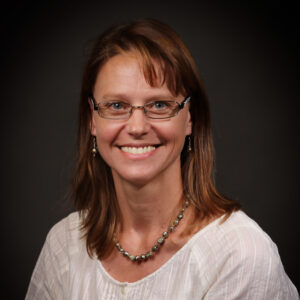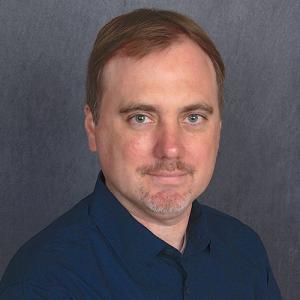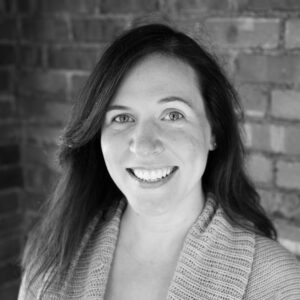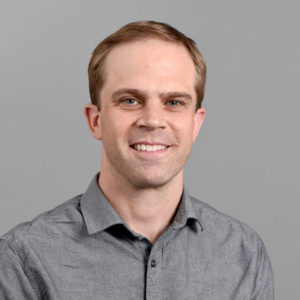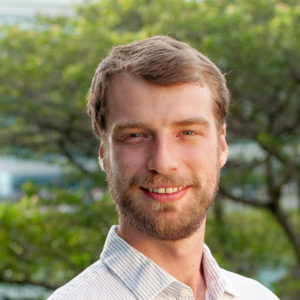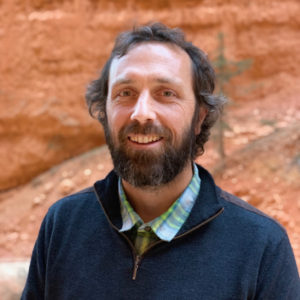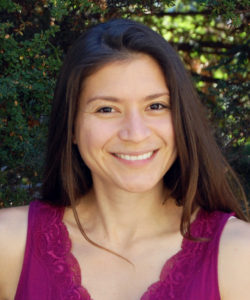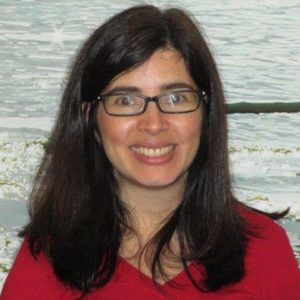Profiles
-
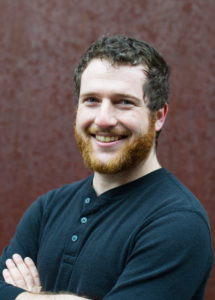
Matthew Amrofell
Matt is a synthetic biology graduate student researcher at Washington University in St. Louis in the lab of Tae Seok Moon. He engineers probiotic organisms in order to develop the next generation of safe and effective living medicines. Prior to starting graduate school, he worked in Michael Jewett’s lab at Nortwestern studying post-tranlational modifications in cell-free protein synthesis reactions. He also worked several co-op terms at Baxter Healthcare. In his (limited) spare time, Matt likes to bake (and eat!) bread, play soccer, read sci-fi/fantasy, and play with his two dogs, Loki and Baloo.
